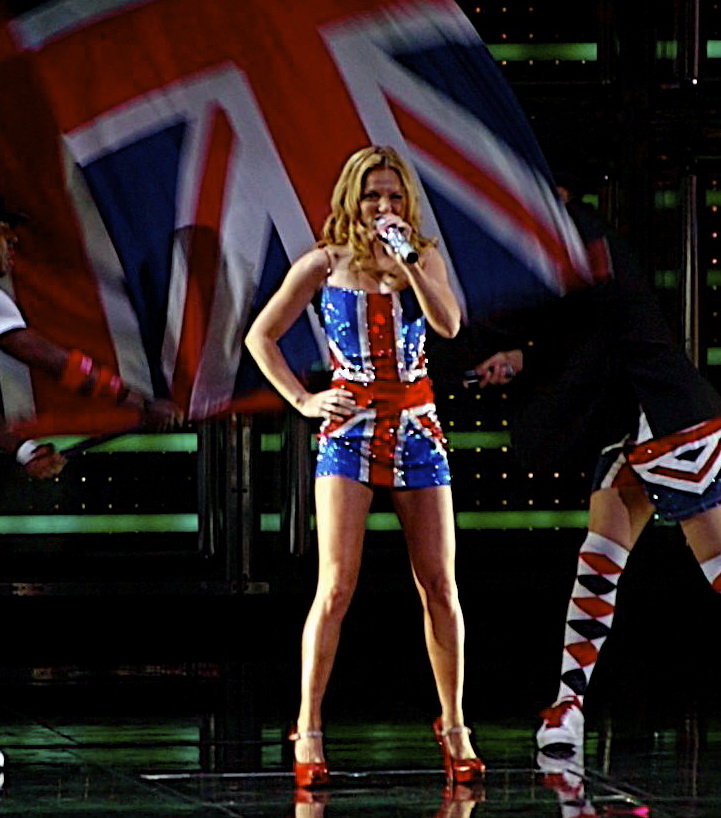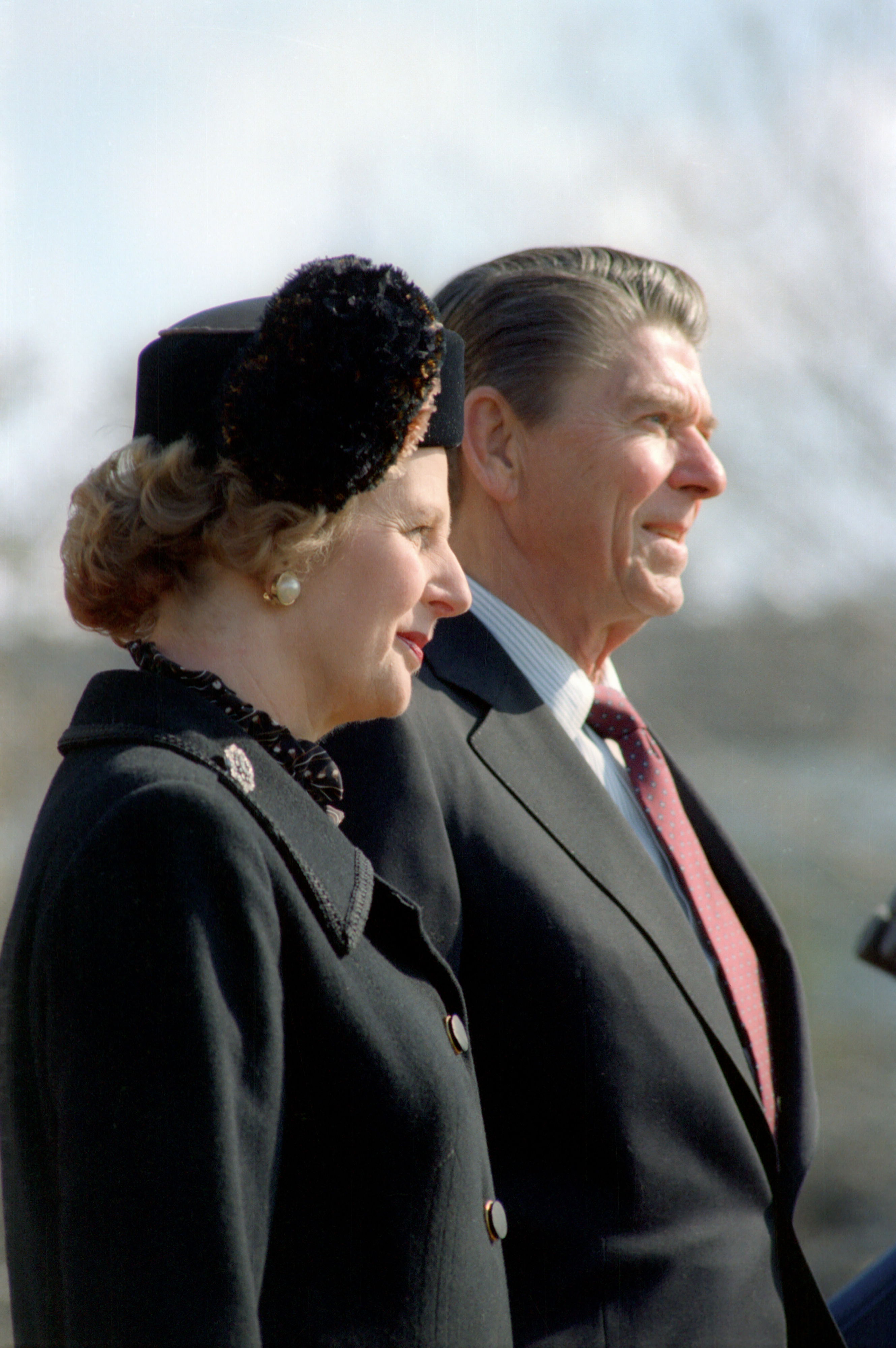|
Human Punk
''Human Punk'' is a novel by John King that tells the story of a group of boys who leave school in 1977, and the effect the emerging punk movement has on their lives. The book is largely based in Slough, a new town on the outskirts of London, famed for its industry and large trading estate. ''Human Punk'' follows the lives of main character Joe Martin and his friends Smiles, Dave, and Chris across the next three decades. Plot Set against a soundtrack of Clash, Sex Pistols, Ruts, and Ramones records, sixteen-year-old Joe sets about enjoying his newfound freedom, which in the summer of 1977 means hard-drinking pubs and working-men's clubs, local Teds, soulboys, disco girls, and a job picking cherries with gypsies. A joyride to Camden Town in North London takes him to see his first band, but a late-night incident back on the streets of Slough changes his life forever. The second part of the book takes place in 1988 and finds Joe in China, receiving bad news in a letter from hom ... [...More Info...] [...Related Items...] OR: [Wikipedia] [Google] [Baidu] |
John King (author)
John King is an English writer best known for his novels which, for the most part, deal in the more rebellious elements driving the country's culture. His stories carry strong social and political undercurrents, and his work has been widely translated abroad. He has written articles and reviews for alternative and mainstream publications, edits the fiction journal ''Verbal'', and is the co-owner of the London Books publishing house. Career Novels King's 1996 debut novel, '' The Football Factory'', was an instant word-of-mouth success, selling around 300,000 copies in the UK. The book was subsequently turned into a play by Brighton Theatre Events, with German and Dutch adaptations following. A film adaptation appeared in 2004. Directed by Nick Love and starring Danny Dyer, Dudley Sutton, and Frank Harper, its UK DVD sales passed the two-million mark. Prior to the novel's release, an early version of the chapter "Millwall Away" appeared in '' Rebel Inc.'' This magazine also ... [...More Info...] [...Related Items...] OR: [Wikipedia] [Google] [Baidu] |
Moscow
Moscow ( , US chiefly ; rus, links=no, Москва, r=Moskva, p=mɐskˈva, a=Москва.ogg) is the capital and largest city of Russia. The city stands on the Moskva River in Central Russia, with a population estimated at 13.0 million residents within the city limits, over 17 million residents in the urban area, and over 21.5 million residents in the metropolitan area. The city covers an area of , while the urban area covers , and the metropolitan area covers over . Moscow is among the world's largest cities; being the most populous city entirely in Europe, the largest urban and metropolitan area in Europe, and the largest city by land area on the European continent. First documented in 1147, Moscow grew to become a prosperous and powerful city that served as the capital of the Grand Duchy that bears its name. When the Grand Duchy of Moscow evolved into the Tsardom of Russia, Moscow remained the political and economic center for most of the Tsardom's history. When th ... [...More Info...] [...Related Items...] OR: [Wikipedia] [Google] [Baidu] |
Novels By John King (author)
A novel is a relatively long work of narrative fiction, typically written in prose and published as a book. The present English word for a long work of prose fiction derives from the for "new", "news", or "short story of something new", itself from the la, novella, a singular noun use of the neuter plural of ''novellus'', diminutive of ''novus'', meaning "new". Some novelists, including Nathaniel Hawthorne, Herman Melville, Ann Radcliffe, John Cowper Powys, preferred the term "romance" to describe their novels. According to Margaret Doody, the novel has "a continuous and comprehensive history of about two thousand years", with its origins in the Ancient Greek and Roman novel, in Chivalric romance, and in the tradition of the Italian renaissance novella.Margaret Anne Doody''The True Story of the Novel'' New Brunswick, NJ: Rutgers University Press, 1996, rept. 1997, p. 1. Retrieved 25 April 2014. The ancient romance form was revived by Romanticism, especially the historica ... [...More Info...] [...Related Items...] OR: [Wikipedia] [Google] [Baidu] |
British Novels Adapted Into Films
British may refer to: Peoples, culture, and language * British people, nationals or natives of the United Kingdom, British Overseas Territories, and Crown Dependencies. ** Britishness, the British identity and common culture * British English, the English language as spoken and written in the United Kingdom or, more broadly, throughout the British Isles * Celtic Britons, an ancient ethno-linguistic group * Brittonic languages, a branch of the Insular Celtic language family (formerly called British) ** Common Brittonic, an ancient language Other uses *''Brit(ish)'', a 2018 memoir by Afua Hirsch *People or things associated with: ** Great Britain, an island ** United Kingdom, a sovereign state ** Kingdom of Great Britain (1707–1800) ** United Kingdom of Great Britain and Ireland (1801–1922) See also * Terminology of the British Isles * Alternative names for the British * English (other) * Britannic (other) * British Isles * Brit (other) * Briton ... [...More Info...] [...Related Items...] OR: [Wikipedia] [Google] [Baidu] |
Punk Literature
Punk literature (also called punk lit and, rarely, punklit) is literature related to the punk subculture. The attitude and ideologies of punk rock gave rise to distinctive characteristics in the writing it manifested. It has influenced the transgressional fiction literary genre, the cyberpunk genre and their derivatives. Journalism The punk rock subculture has had its own underground press in the form of punk zines, which are punk-related print magazines produced independently and distributed on a small scale. Many regional punk scenes have had at least one punk zine, which features news, gossip, social commentary, music reviews and interviews with punk rock bands. Notable punk zines include ''Maximum RocknRoll'', ''Punk Planet'', ''Cometbus'', ''Girl Germs'', ''Kill Your Pet Puppy'', '' J.D.s'', ''Sniffin' Glue'', ''Absolutely Zippo'', ''Suburban Rebels'' and ''Punk Magazine''. Notable punk journalists and magazine contributors include Mykel Board, John Holmstrom, Robert Eggp ... [...More Info...] [...Related Items...] OR: [Wikipedia] [Google] [Baidu] |
Cool Britannia
Cool Britannia was a name for the period of increased pride in the culture of the United Kingdom throughout the mid and second half of the 1990s, inspired by Swinging London from 1960s pop culture. This loosely coincided with John Major's conservative government and the 1997 United Kingdom general election where Tony Blair's New Labour government won in a landslide. The success of Britpop and musical acts such as the Spice Girls, Blur, and Oasis led to a renewed feeling of optimism in the United Kingdom following the tumultuous years of the 1970s and 1980s. The name is a pun on the title of the British patriotic song "Rule, Britannia!" Origins of the term Etymology The phrase "Cool Britannia" was coined in 1967 as a song title by the Bonzo Dog Doo Dah Band (specifically, the first song in their debut album ''Gorilla'') and contained the lyrics, which referenced the song "Rule Britannia!": "Cool Britannia, Britannia you are cool/Take a trip!/Britons ever, ever, ever shall ... [...More Info...] [...Related Items...] OR: [Wikipedia] [Google] [Baidu] |
Tony Blair
Sir Anthony Charles Lynton Blair (born 6 May 1953) is a British former politician who served as Prime Minister of the United Kingdom from 1997 to 2007 and Leader of the Labour Party from 1994 to 2007. He previously served as Leader of the Opposition from 1994 to 1997, and had served in various shadow cabinet posts from 1987 to 1994. Blair was the Member of Parliament (MP) for Sedgefield from 1983 to 2007. He is the second longest serving prime minister in modern history after Margaret Thatcher, and is the longest serving Labour politician to have held the office. Blair attended the independent school Fettes College, and studied law at St John's College, Oxford, where he became a barrister. He became involved in Labour politics and was elected to the House of Commons in 1983 for the Sedgefield constituency in County Durham. As a backbencher, Blair supported moving the party to the political centre of British politics. He was appointed to Neil Kinnock's shadow cabinet ... [...More Info...] [...Related Items...] OR: [Wikipedia] [Google] [Baidu] |
Thatcherism
Thatcherism is a form of British conservative ideology named after Conservative Party leader Margaret Thatcher that relates to not just her political platform and particular policies but also her personal character and general style of management while in office. Proponents of Thatcherism are referred to as Thatcherites. The term has been used to describe the principles of the British government under Thatcher from the 1979 general election to her resignation in 1990, but it also receives use in describing administrative efforts continuing into the Conservative governments under statesmen John Major and David Cameron throughout the 1990s and 2010s. In international terms, Thatcherites have been described as a part of the general socio-economic movement known as neoliberalism, with different countries besides the United Kingdom (such as the United States) sharing similar policies around expansionary capitalism. Thatcherism represents a systematic, decisive rejection and re ... [...More Info...] [...Related Items...] OR: [Wikipedia] [Google] [Baidu] |
Labour Government 1974–1979
Labour or labor may refer to: * Childbirth, the delivery of a baby * Labour (human activity), or work ** Manual labour, physical work ** Wage labour, a socioeconomic relationship between a worker and an employer ** Organized labour and the labour movement, consisting principally of labour unions ** The Labour Party (UK) Literature * ''Labor'' (journal), an American quarterly on the history of the labor movement * ''Labour/Le Travail'', an academic journal focusing on the Canadian labour movement * ''Labor'' (Tolstoy book) or ''The Triumph of the Farmer or Industry and Parasitism'' (1888) Places * La Labor, Honduras * Labor, Koper, Slovenia Other uses * ''Labor'' (album), a 2013 album by MEN * Labor (area), a Spanish customary unit * "Labor", an episode of TV series '' Superstore'' * Labour (constituency), a functional constituency in Hong Kong elections * Labors, fictional robots in ''Patlabor'' People with the surname * Earle Labor (born 1928), professor of American lite ... [...More Info...] [...Related Items...] OR: [Wikipedia] [Google] [Baidu] |
Mikhail Gorbachev
Mikhail Sergeyevich Gorbachev (2 March 1931 – 30 August 2022) was a Soviet politician who served as the 8th and final leader of the Soviet Union from 1985 to dissolution of the Soviet Union, the country's dissolution in 1991. He served as General Secretary of the Communist Party of the Soviet Union from 1985 and additionally as head of state beginning in 1988, as Chairman of the Presidium of the Supreme Soviet from 1988 to 1989, Chairman of the Supreme Soviet from 1989 to 1990 and the only President of the Soviet Union from 1990 to 1991. Ideologically, Gorbachev initially adhered to Marxism–Leninism but moved towards social democracy by the early 1990s. Gorbachev was born in Privolnoye, Stavropol Krai, Privolnoye, Russian Soviet Federative Socialist Republic, Russian SFSR, to a poor peasant family of Russian and Ukrainian heritage. Growing up under the rule of Joseph Stalin, in his youth he operated combine harvesters on a Collective farming, collective farm before join ... [...More Info...] [...Related Items...] OR: [Wikipedia] [Google] [Baidu] |
Trans-Siberian Railway
The Trans-Siberian Railway (TSR; , , ) connects European Russia to the Russian Far East. Spanning a length of over , it is the longest railway line in the world. It runs from the city of Moscow in the west to the city of Vladivostok in the east. During the period of the Russian Empire, government ministers—personally appointed by Alexander III and his son Nicholas II—supervised the building of the railway network between 1891 and 1916. Even before its completion, the line attracted travelers who documented their experiences. Since 1916, the Trans-Siberian Railway has directly connected Moscow with Vladivostok. , expansion projects remain underway, with connections being built to Russia's neighbors (namely Mongolia, China, and North Korea). Additionally, there have been proposals and talks to expand the network to Tokyo, Japan, with new bridges that would connect the mainland railway through the Russian island of Sakhalin and the Japanese island of Hokkaido. Route descrip ... [...More Info...] [...Related Items...] OR: [Wikipedia] [Google] [Baidu] |





